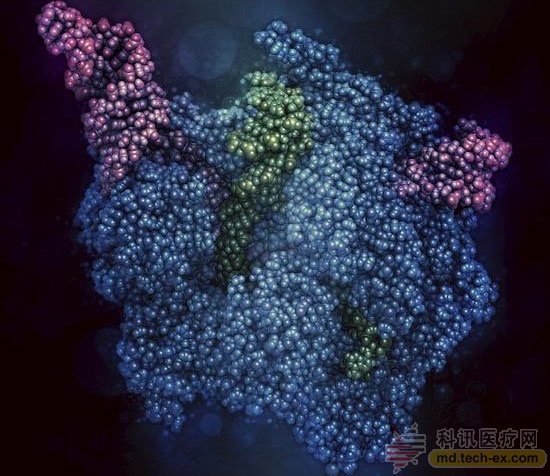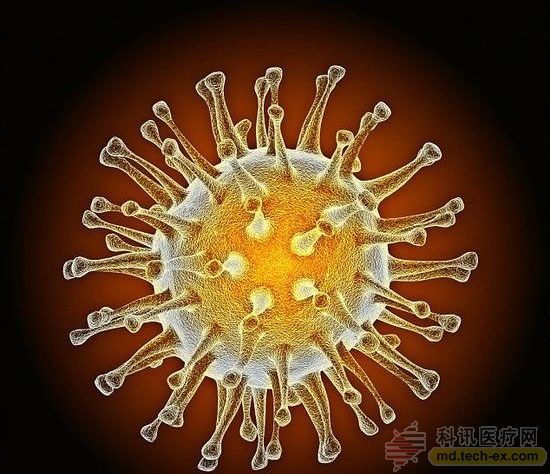Release date: 2016-09-12
On September 8th, according to the British "Daily Mail" website, Professor John Parrington, a molecular biologist at Oxford University, said that globally, not expensive genetic editing tools have become very common. This allows scientists who like DIY to genetically modify microorganisms such as bacteria and yeast, giving them new features that have never been seen in nature. However, things have two sides, and the threshold for genetic modification is reduced. This may lead some criminals to develop biological weapons and may fall into the hands of terrorists. This is a wake-up call from the academic community.
In a speech at the British Science Festival in Swansea, UK, Professor Palinton said that both the scientific community and the security community are concerned that such technologies are being used maliciously to develop new types of pathogenic viruses or bacteria.
In response to this problem, the US Federal Bureau of Investigation (FBI) created a special department in the Bureau of Weapons of Mass Destruction.
There are a number of amateur bio-hacking groups in many parts of the world that are engaged in non-malicious activities, such as the development of some "homely" biological research methods.
For example, a London team is working on a 3D printing technology that uses juice and cellulose made from bacteria.

Last year, Nature reported that cutting-edge technologies such as the gene editing tool CRISPR are being used by biohackers. The amateur science community has used these techniques to modify yeast and plants.
For example, yeast is genetically engineered to produce a protein called casein, originally found in milk, used to make new types of vegetarian cheese. There is also a team that wants to use yeast to change the taste of beer. Some teams in Japan are trying to reintroduce a gene into blue carnations to change the flower back to natural white.
But the FBI is deeply concerned about the negative impact of genetic modification technology and is trying to work with scientists in this field to find ways to deal with potential risks.

Edward Yu, a special agent at the Bureau of Weapons of Mass Destruction, said that as the cost of genome editing techniques and biological research declines, so does the risk. He said, "The barriers to entry for bad things are getting lower and lower, and more people or teams can bring potential harm."
However, Professor Palinton said that it is not easy to create new types of harmful bacteria and viruses.
Source: NetEase Technology
Ice Hair Removal,Ice Laser Hair Removal,Ice Therapy Hair Removal,Ice Cold Ipl Hair Removal
Shenzhen Jie Zhong Lian Investment Co., Ltd. , https://www.szmeizonscares.com